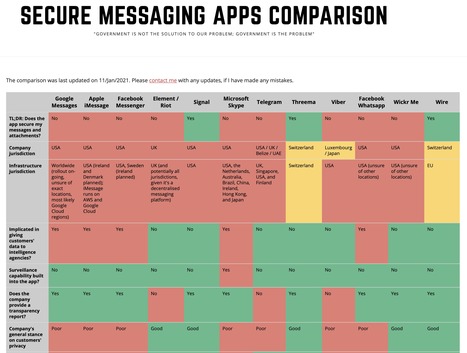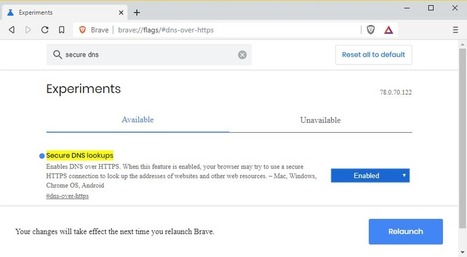Privacy-centric search engine DuckDuckGo is working on an "everyday" desktop browser, according to CEO Gabriel Weinberg. In a blog post, Weinberg said the company is building a desktop app "from the ground up" using OS-provided rendering engines rather than Chromium, the browser codebase underpinning Google Chrome, Microsoft Edge, and other browsers.
- This will allow DuckDuckGo to "strip away a lot of the unnecessary cruft and clutter that's accumulated over the years in major browsers," Weinberg said.
- The CEO noted that the browser will have default “robust privacy protection," meaning users won't have to turn it on in security settings.
- Like its mobile version, the desktop browser will also contain a Fire button to erase stored data, tabs, and browsing history.
- Early tests have shown the browser is “significantly faster” than Google Chrome, he claimed. It's now in closed beta testing on macOS, with no announced release date yet.
- Also in the blog post, Weinberg went through the company's achievements in 2021. One of those was reaching 150 million downloads of its privacy apps for iOS and Android and Chromium extensions.



 Your new post is loading...
Your new post is loading...












Looks like Chromium is no longer "la coqueluche"...